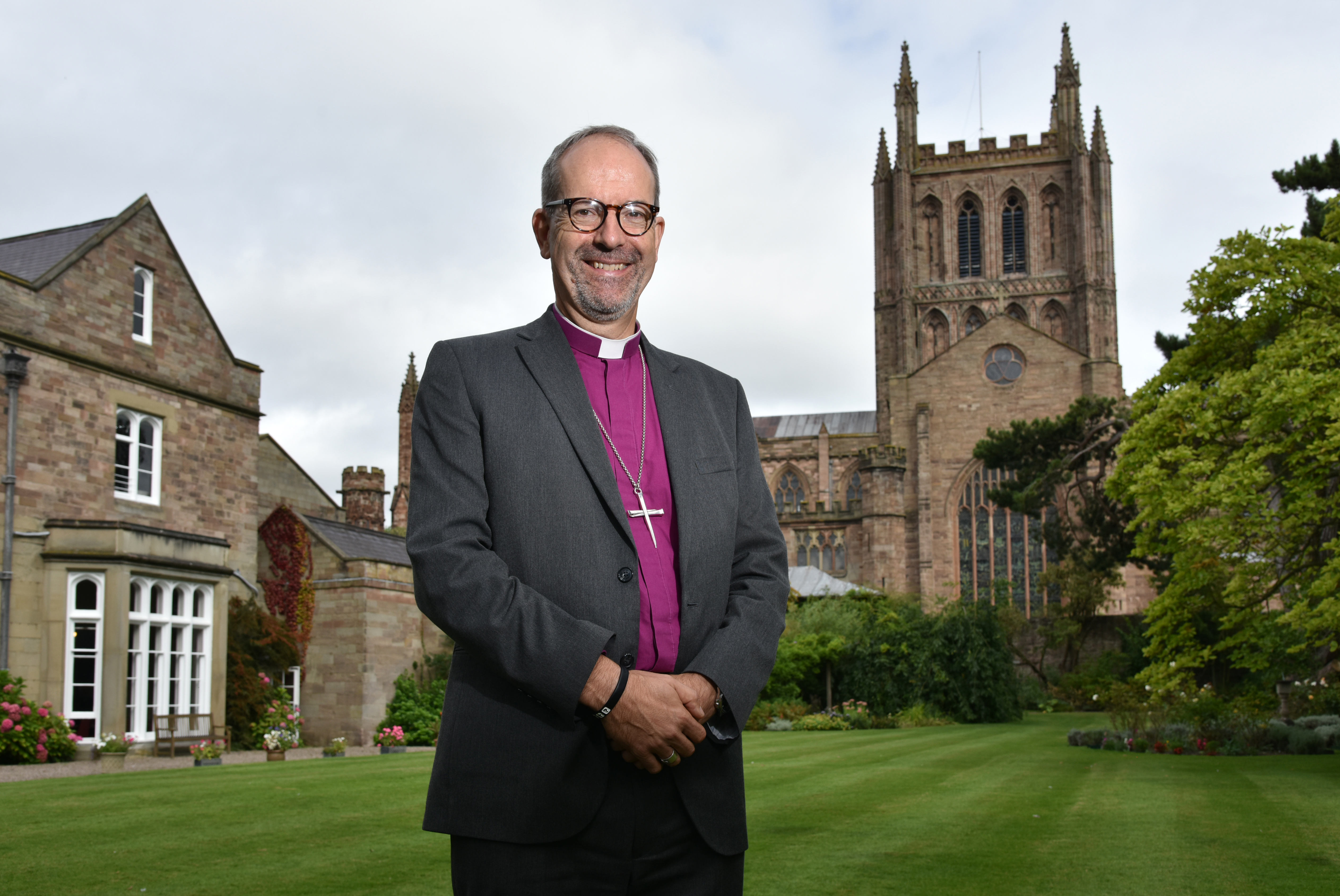
The parish where I served as vicar in Sussex had a population of around 3000. In the first world war there were about 800 and 33 names were recorded on the roll of honour. It is hard to imagine now that level of loss. The vicar lost his son and nearly every family in the village was affected. Every year, helped by an exhibition of their lives by a wonderful Church Warden, the number at Remembrance Day service grew. His research at one point called into question whether one of the names remembered on the WWII board had actually died! A brief panic was relieved when he discovered the person living in Cananda was the same name but a different person. Few had any connection now with those we remembered, even from WWII when another twenty lost their lives. For many people it was the only service of the year they attended. It never failed to be a moving occasion.
In part, attendance was an opportunity to pay respects to those who paid the ultimate sacrifice. But there was a deeper action as well. Those we remembered died because they believed a particular set of values were worth fighting for. They fought against tyranny, the treating of one group of people as inferior to others, and the idea that might makes right. The Nazi regime was the antithesis of the love that Jesus urges as our root value from which all else flows. These Christian values are not intuitive to human beings. As the historian Tom Holland has conclusively argued in his book Dominion, a society wouldn’t have these values but for Christian faith. Even the nihilist philosopher Nietzsche recognised this when he said, “When one gives up the Christian faith, one pulls the right to Christian morality out from under one’s feet. Christianity is a system, a whole view of things thought out together. By breaking one main concept out of it, the faith in God, one breaks the whole: nothing necessary remains in one’s hands.” He did this ending up with a philosophical system where power was the ultimate goal and looking out for the weak was despised.
In the confusing mixture of motivations that drove people to attend the ‘Unite the Kingdom’ march in London a few weeks ago were calls to reclaim the Christian heritage of the nation. In some way this is commendable, but the wielding of crosses in that context felt anything but the sacrificial love that the cross represents. Symbols are powerful things and need to be wielded with care. Crosses can be symbols of love and sacrifice or burnt by men in white robes on the way to a lynching. As Christians we assert the former as the only true representation of our nation’s values.
+Richard
